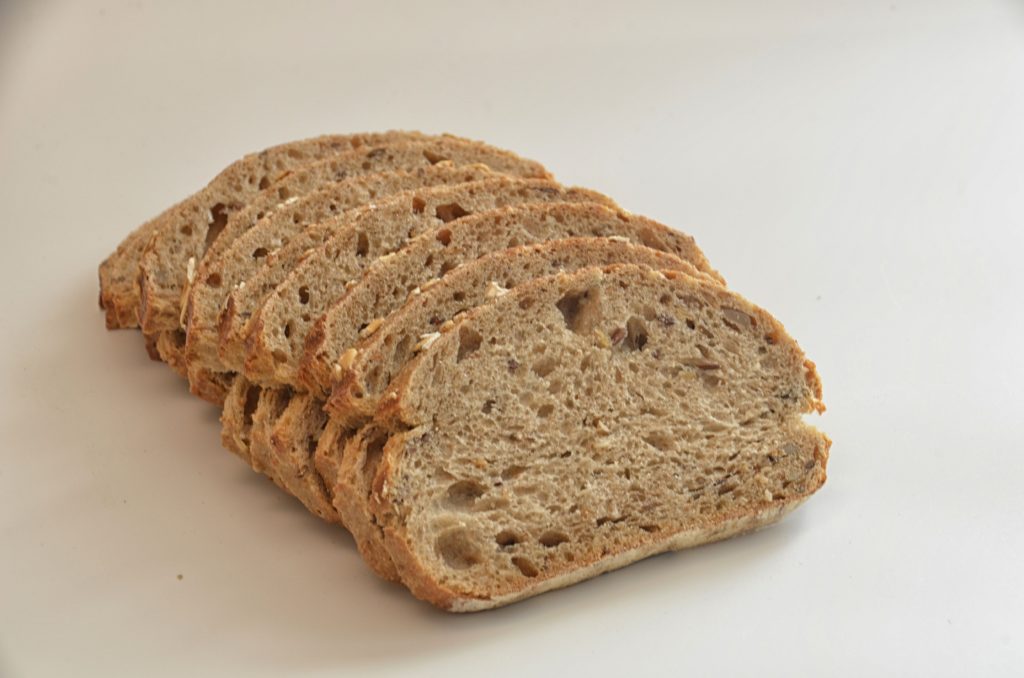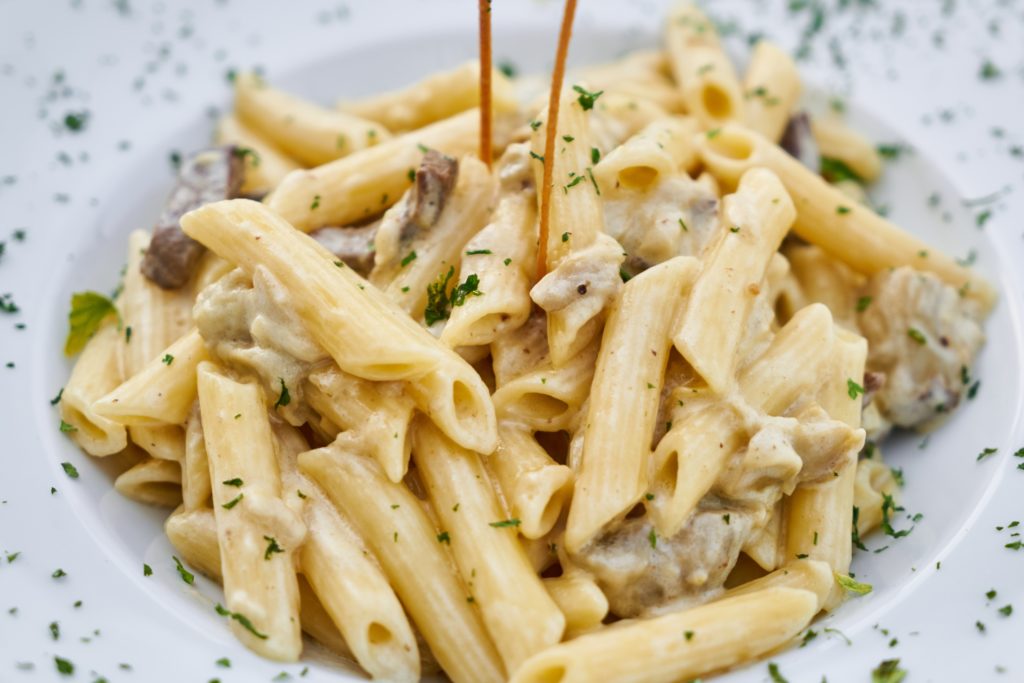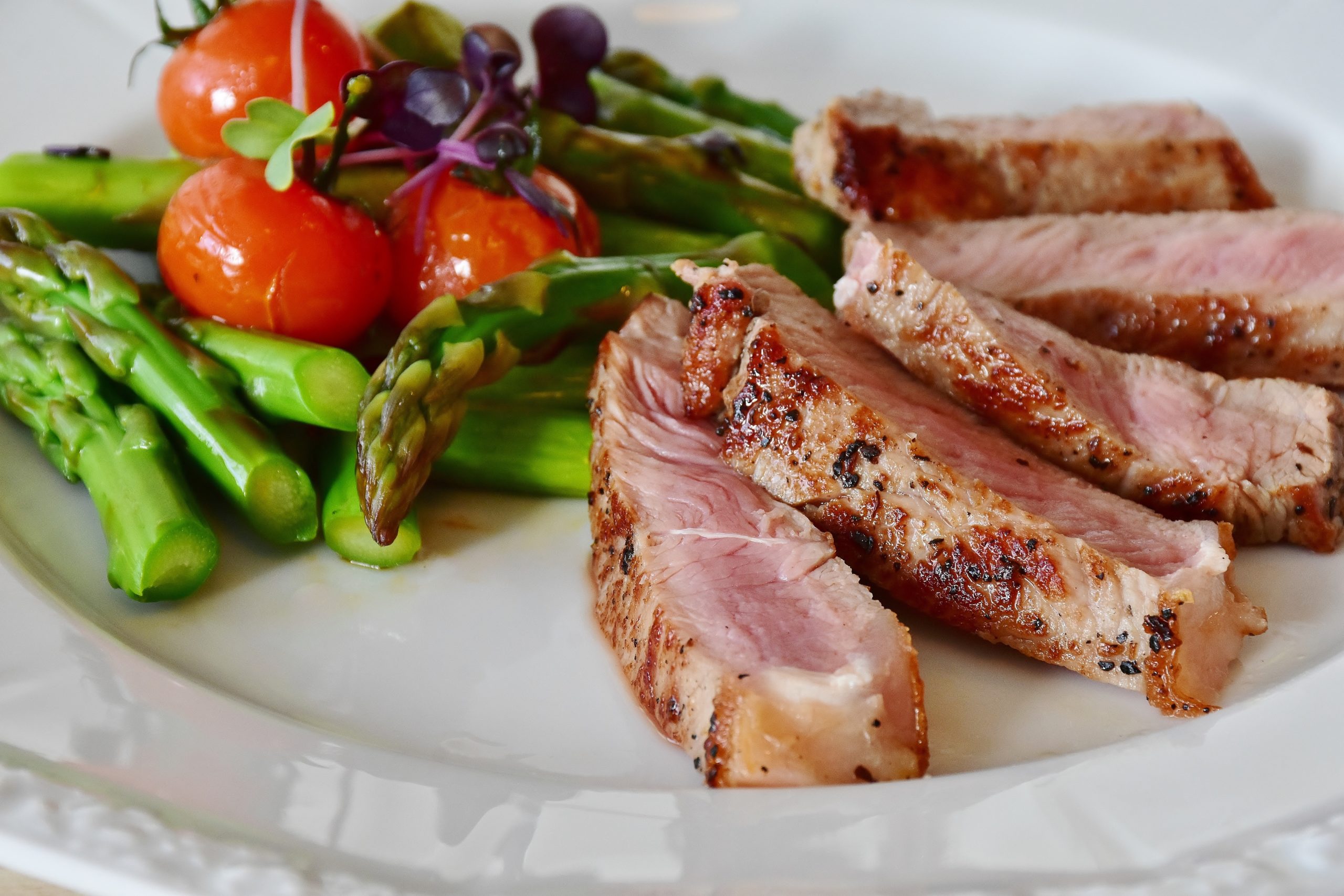As you put more effort into working out, you should always aspire to perform better and attain your goals. However, when exercising, most individuals tend to give more thoughts on pre-workout meals than post-workout meals. When keeping trying to keep fit, consuming the right nutrients after exercising is highly essential, just as prior to your exercise.
Usually, what you consume before exercising fuels your body by giving it the required energy to exercise; furthermore, what you eat after exercising is just as important. For most individuals, figuring what to eat after exercising is quite challenging. As a result, today’s article will be focusing on post-workout meals.
Eating after working out is essential

By understanding how your body is affected by physical exercise, will help you understand the right diet to consume after working out. When working out, the glycogen stored in your muscle is used as the primary source of fuel. This leads your muscles to become partially depleted of their glycogen stores. Furthermore, the protein stored in your muscles will as well be broken down and damaged.
Your body will try rebuilding its glycogen stores and regrow and repair the lost protein after working out. Therefore, eating the right meal after exercising will help your body build up the muscles much faster. Usually, it is best to consume carbohydrates and proteins immediately after working out.
By doing so you will, your body will benefit from the following;
· It will decrease braking down of muscle protein
· Aid in increasing growth or muscle protein synthesis
· Enhances recovery
· Restoring lost glycogen stores.
Recommended post-workout meal
In this section, we shall be discussing how every macronutrient that is carbohydrates, proteins, and fat is essential in the post-workout recovery process.
Proteins

Proteins aid in repairing and building muscles. When exercising, your body triggers the breakdown of muscle protein, and the rate at which happens is often determined on the type and level of exercise you are performing. However, even a well-trained athlete will experience muscle protein breakdown.
When you consume an adequate amount of protein after working out, your body will receive amino acid (building blocks of protein), which are essential in repairing and rebuilding muscle proteins. You will as well receive the building block responsible for building new muscle tissues in your body.
After exercising, it is recommended to consume 0.3 to 0.5 grams per kg of body weight or 0.14 to 0.23 grams of protein per pound of the body immediately after working out. Research has shown that consuming 20 to 40 grams of protein aids in maximizing the body’s ability to recover after working out.
Carbohydrates
Carbohydrates are the primary source of energy, and consuming it after exercise aids in recovery. The glucose stored in the body is often used in fueling the body while exercising; due to that, it recommended to consume carbs to aid in replenishing them. Furthermore, the rate in which your body uses stored glycogen highly depends on the type and level of exercise you perform.
As a result, when participating in endurance sports, swimming, running among others, you may be required to consume more carbohydrates than a bodybuilder. Consuming approximately 0.5 to 0.7 grams of carbs per pound of bodyweight or 1.1 to 1.5 grams per kg of body weight within 30 minutes after working out will lead to proper glycogen resynthesize.
Additionally, insulin secretion is responsible for promoting glycogen synthesis, and it often stimulated when carbohydrates and protein are consumed all at the same time. Consequently, you should consider consuming both carbohydrates and protein at the same time after exercising to aid in maximizing both protein and glycogen synthesis. You should try and consume the two in the ratio of 3;1 (Carbohydrates to protein)—for instance, 120 grams of carbohydrates and 40 grams of proteins.
Consuming plenty of carbohydrates will aid in rebuilding glycogen stores, which is something very essential among individuals who exercise more often, such as two times a day. If you often relax for one to two days between workouts, this amount of carbs becoming less critical.
Fat
Fat is an essential macronutrient as well when it comes to exercising. Most individuals think that consuming fat after exercising tends to inhibit the absorption of crucial nutrients and slow down absorption. Despite that fat slows down the absorption of the post-workout meal, it does not reduce its benefit. A study has proven that consuming meals high on fat, that is 45% energy is from fat; after exercising, your muscle glycogen synthesis will not be affected.
Limiting the amount f fat after exercising is essential; however, having a small amount in the post-workout meal will not have any effect on the recovery process.
Post-workout meal timing is essential
The ability of the body to rebuild protein and glycogen is often enhanced after exercising. Due to this reason, it is highly recommended to have a combination of protein and carbohydrates almost immediately after exercising. However, the timing does not have to be exact; most experts say consuming the post-workout meal inside 45 minutes is highly essential.
In fact, it is said that delaying eating your carbohydrate by two hours after working out can result in 50% lower rates of glycogen synthesis. Nevertheless, consuming a meal before exercising the chances of benefiting from the meal is still high.
Essential meals to consume after working out
The chief goal of a post-workout meal is to provide the body with the vital nutrients ideal for recovery and to maximize all the benefits of exercising. By choosing easy to digest food, you will be promoting fast nutrient absorption. Here are the key examples of foods that can be digested easily;
Carbohydrates:
· Chocolate milk
· Rice
· Sweet potatoes
· Pasta
· Quinoa
· Fruits such as berries, bananas, pineapple and kiwi among others
· Rice cake
· Dark green leafy vegetables
Proteins:
· Eggs
· Chicken
· Tuna
· Greek yogurt
· Protein bar
· Protein powder, either plant or animal-based.
· Salmon
· Cottage cheese
Fats:
· Avocado
· Nuts
· Trail mix; died nuts and fruits
Final verdict
By consuming a post-workout meal with carbohydrates and protein, you will be able to enhance protein synthesis as well as glycogen storage. This is highly essential when it comes to exercising. It will be best if you consume protein and carbs in the ratio of 3;1 (carbohydrate to protein) in order to achieve maximum glycogen and protein synthesis.



